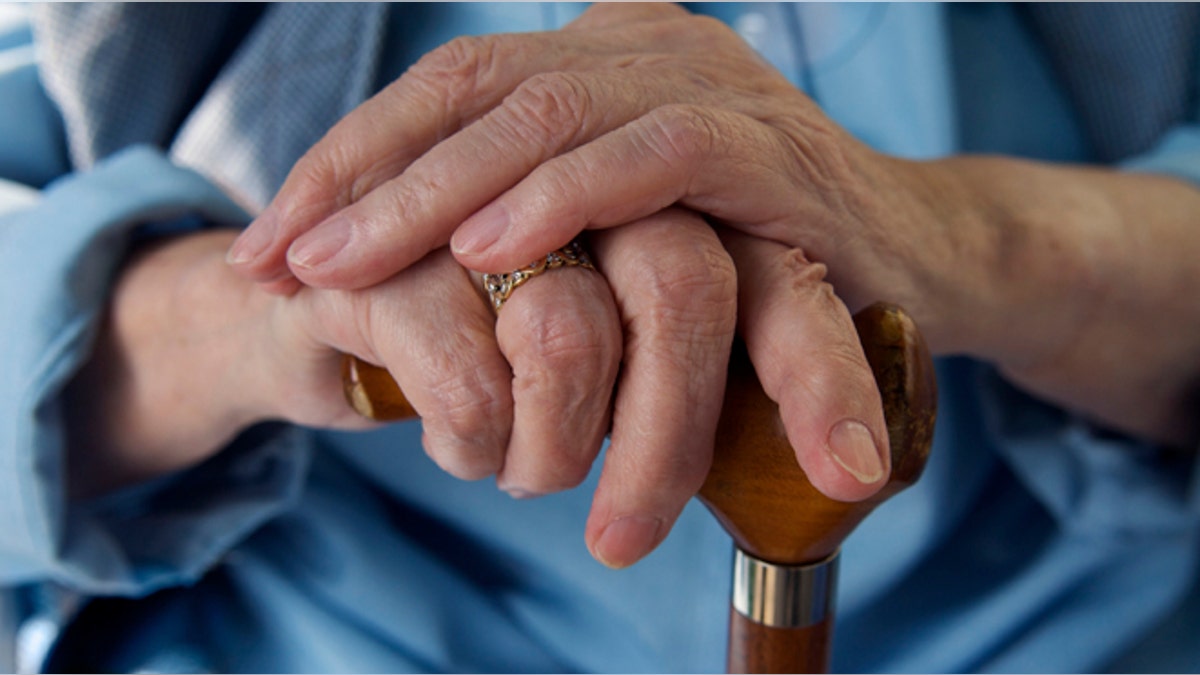
People in nursing homes are more likely to be dehydrated than elderly people living in the community, new research suggests.
The study, involving patients admitted to hospitals in the UK, found that dehydration was more common among those who came from nursing homes.
In serious cases, dehydration can lead to high levels of sodium in the blood, a condition called hypernatremia that can increase the risk of dying in the hospital, the researchers say.
“We believe that when a hospital finds that more than a few people are admitted with a high sodium from an individual (nursing) home it should raise a warning flag,” Dr. Martin McKee of the London School of Hygiene and Tropical Medicine, the study’s senior author, told Reuters Health in an email.
People in nursing homes may be at a greater risk of dehydration, especially if they require assistance and may not drink enough fluids on their own.
“We hope that this will highlight the importance of ensuring the older people are encouraged and supported to drink,” McKee said.
As reported in the Journal of the Royal Society of Medicine, McKee and colleagues reviewed data on more than 21,000 patients aged 65 and over who were admitted to a hospital for the first time between 2011 and 2013.
Overall, 432 patients were admitted with high sodium levels, and 1,413 died in the hospital.
Patients from nursing homes were more than five times as likely to have high sodium levels as those who came from their own homes.
And dehydrated patients from any setting were five times more likely to die in the hospital.
McKee said the study didn’t look for reasons why nursing home residents were more likely to be dehydrated.
However, he said, reports have suggested that older people may avoid drinking because they fear no one will help them get to the bathroom in time, and also, some staffers may either fail to encourage them to drink or may actively withhold fluid to prevent them from wetting the bed.
Dr. Cheryl Phillips, a geriatrician and senior vice president of public policy and advocacy for LeadingAge, in Washington, D.C., said dehydration is a significant problem in nursing home patients in the UK, other European countries, the U.S. and Canada.
“Vulnerable elders are at risk for dehydration for a number of reasons,” Philips, who wasn’t involved in the study, told Reuters Health by phone.
Phillips explained that with aging, the thirst that drives people to drink fluids changes and they’re not as likely to get thirsty as quickly.
Both kidney disease and certain medicines can also contribute to the problem, she said.
Phillips added that dehydration can happen quickly, especially when people have a fever or diarrhea – and nursing home staff may not always be aware of how high the risk is for some of the most vulnerable seniors.
She said having higher numbers of staff and better-trained and prepared staff can actually impact the incidence of dehydration very dramatically.
While there isn’t much data that looks strictly at staffing and dehydration, “we can interpolate because we do have data that shows that higher staffing levels lead to improved quality,” Phillips said.
“Families can be incredible eyes and ears," she said, adding that family members who understand the nature of dehydration can also help prevent it.
She encourages family members to visit their elderly frail relatives at different times of day and make sure water is accessible and remind nursing home staff to encourage the patient to drink fluids even though they may not feel thirsty.
Philips notes that while the study found a higher risk of dehydration in nursing homes, the risk can be very high for elderly people who live at home too.
“If you have people (at home) who are completely as dependent and as vulnerable as people are typically in nursing homes, the risk of dehydration is also very high,” she said.
